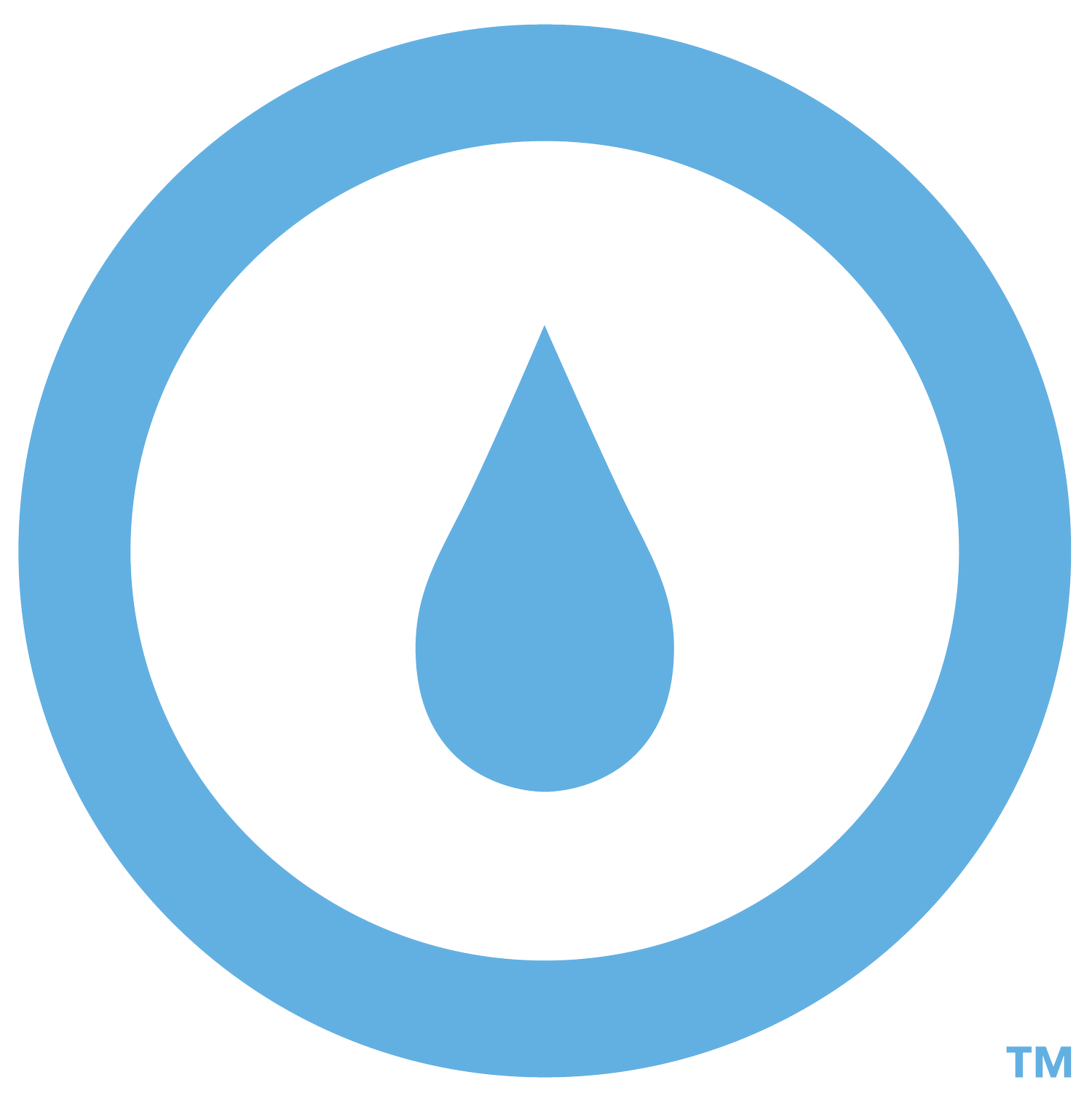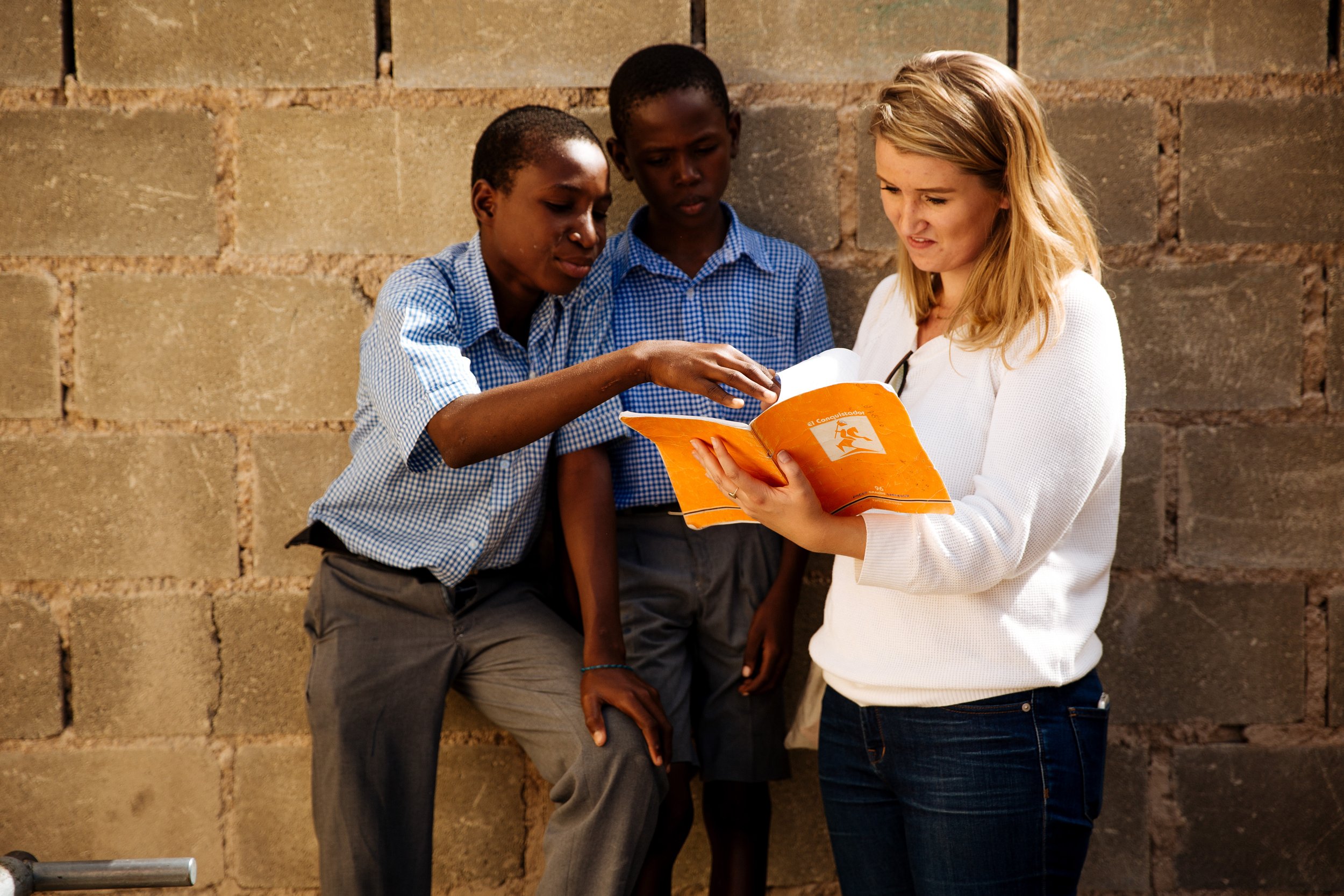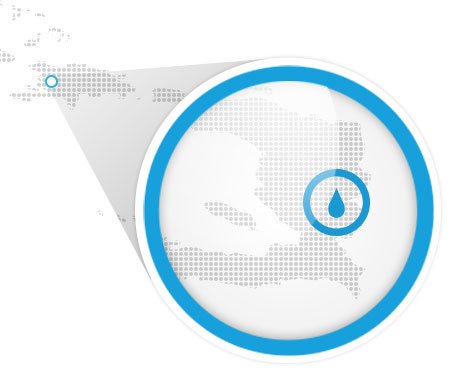
Ecole Mixtre Nazareth de
Source Matelas, Haiti
Your Purchase Helped Fund:
Ecole Mixtre Nazareth de Source Matelas, Haiti
LOCATION
Ecole Mixte Nazareth de Source Matelas, Source Matelas, Quest, Haiti
GPS
Latitude 18.720983 Longitude -72.37400
PEOPLE SERVED
127
TYPE OF WATER SOURCE
Rehabilitated Bore Hole Well
Community & People
Project Description
The Ecole Mixte de Nazareth is a primary school lated in Cabaret, in the western region of Haiti. Before your well was constructed, the community members and students had to use an open pool of water that is also used for bathing and to wash clothes and cooking utensils, which led to high risk of cholera. In addition, many students suffered from diarrhea and severe dehydration among other preventable water related illnesses. Families and students often went without sufficient water supply for drinking, cooking, bathing, and cleaning. This new water source Generosity Beverages has provided has helped create basic infrastructure in the school and the surrounding community. Community members can now focus their time and resources on building their futures with dignity and
self-reliance.
For each water project we fund, Living Water’s local partners are responsible to successfully implement the well – from selecting the best location, to drilling and constructing the well. To create lasting change and ensure long-term sustainability, our team on the ground ensures that communities are equipped for long-term maintenance, both financially and mechanically. Each water project includes community leadership and health and sanitation training.
52% Without Access to an Improved Water Source
66% Without Adequate Sanitation Services
Human Development Rank:
168 Out of 187
Messages From The People
“I am proud of the work here! This project is praiseworthy and useful in our community!”
-Arold, 37 year old community member
Community
Information
Population: 12 Million
Community & People
Community Leadership
Before implementation of the water project began, the community established a governing body to manage the project, known as the Water User Committee (WUC). This is a group of men and women who are equipped and responsible for overseeing the water project long-term. Once a WUC has been established, our team on the ground works with these leaders to open a bank account and save a small percentage of costs to contribute to a well maintenance fund. This ensures that the community takes ownership over the new water project to promote long term sustainability. The WUC is also trained to perform minor mechanical repairs, and is responsible for collecting a small user fee from each household that uses the well. This prepares the community for any maintenance needs that may arise.
Health & Sanitation Training
Clean water solutions have a greater impact when they include sanitation and hygiene training. The Haiti team provides this training to the community, especially the WUC, when the water project has been completed. The combination of this training with the completion of your water project will have direct results in the improvement in the sanitation and hygiene habits of community members. Now, with the easy access to clean water, community members are able to maintain higher health and sanitation standards with things like bathing, cooking and washing their clothes more regularly.
After suffering a series of devastating natural disasters in 2008, the country of Haiti was desperately in need of reconstruction and humanitarian relief. In 2010, Haiti was hit by yet another natural disaster, but this time it was a 7.3 magnitude earthquake. The strongest to hit the nation in more than 200 years. The country was left in ruins.
The water and sanitation infrastructure in Haiti was tenuous at best, but now the situation is much worse. Many wells that were damaged or destroyed must now be rehabilitated, and in areas where there was no previous access to clean water, new wells must be drilled. The water crisis in Haiti is also marked by widespread waterborne illness including a massive cholera epidemic that hit the country in October 2010.
Although the international community has offered a robust response to assist the people of Haiti, it still remains one of the poorest countries in the Western Hemisphere.





